A cancer researcher at the University of Cambridge in the UK has retracted a paper from Cell after commenters on PubPeer questioned aspects of 10 images in the article.
Though an institutional investigation found the figures were “not reliable,” another of the authors objected to the retraction as “an overreaction.”
Steve Jackson, the University of Cambridge biology professor and lab leader, previously retracted two papers – including one in Nature and one in Science posted on the same day – after a Cambridge investigation found a co-author, Abderrahmane Kaidi, had falsified data.
Continue reading Cambridge researcher pulls Cell paper five years after Nature, Science retractions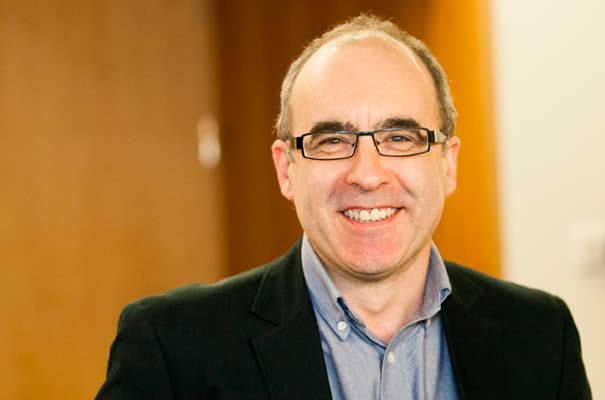
 For months, a researcher has wrestled with a journal over the wording of an upcoming retraction notice. It appears that she has lost.
For months, a researcher has wrestled with a journal over the wording of an upcoming retraction notice. It appears that she has lost.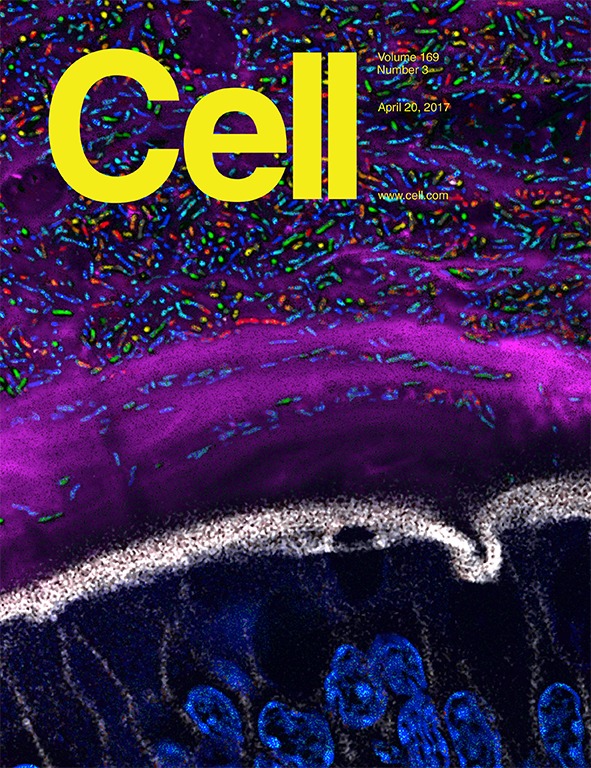 After being “blindsided” a few months ago when she was told one of her 2005 papers was going to be retracted, a researcher scrambled to get information about why. And when she didn’t like the answers, she took to PubPeer.
After being “blindsided” a few months ago when she was told one of her 2005 papers was going to be retracted, a researcher scrambled to get information about why. And when she didn’t like the answers, she took to PubPeer.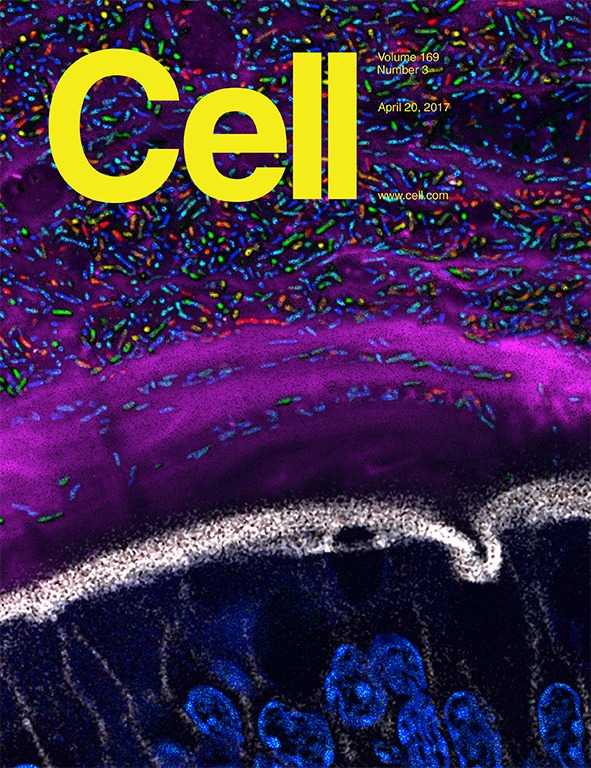 When
When 
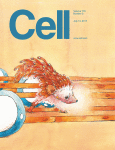
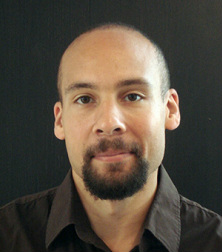
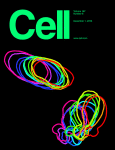 2013 probably felt like it was going to be a great year for stem cell biologist
2013 probably felt like it was going to be a great year for stem cell biologist 
